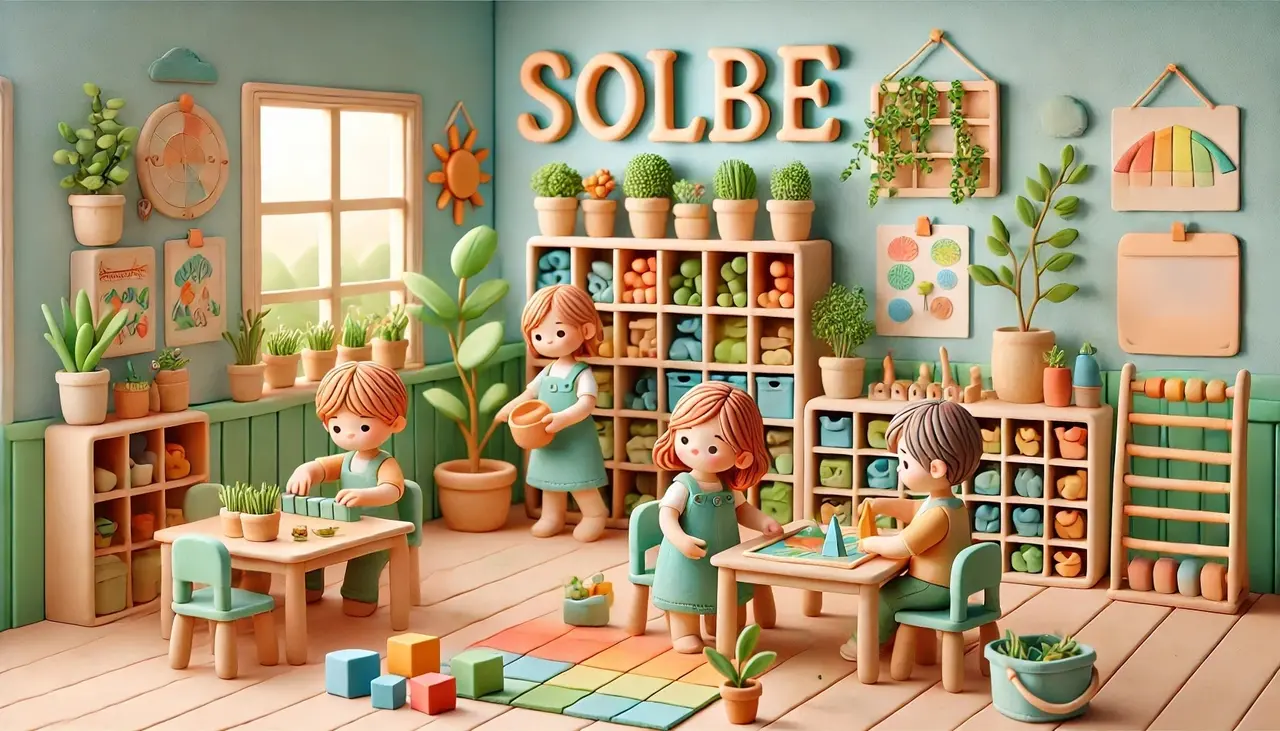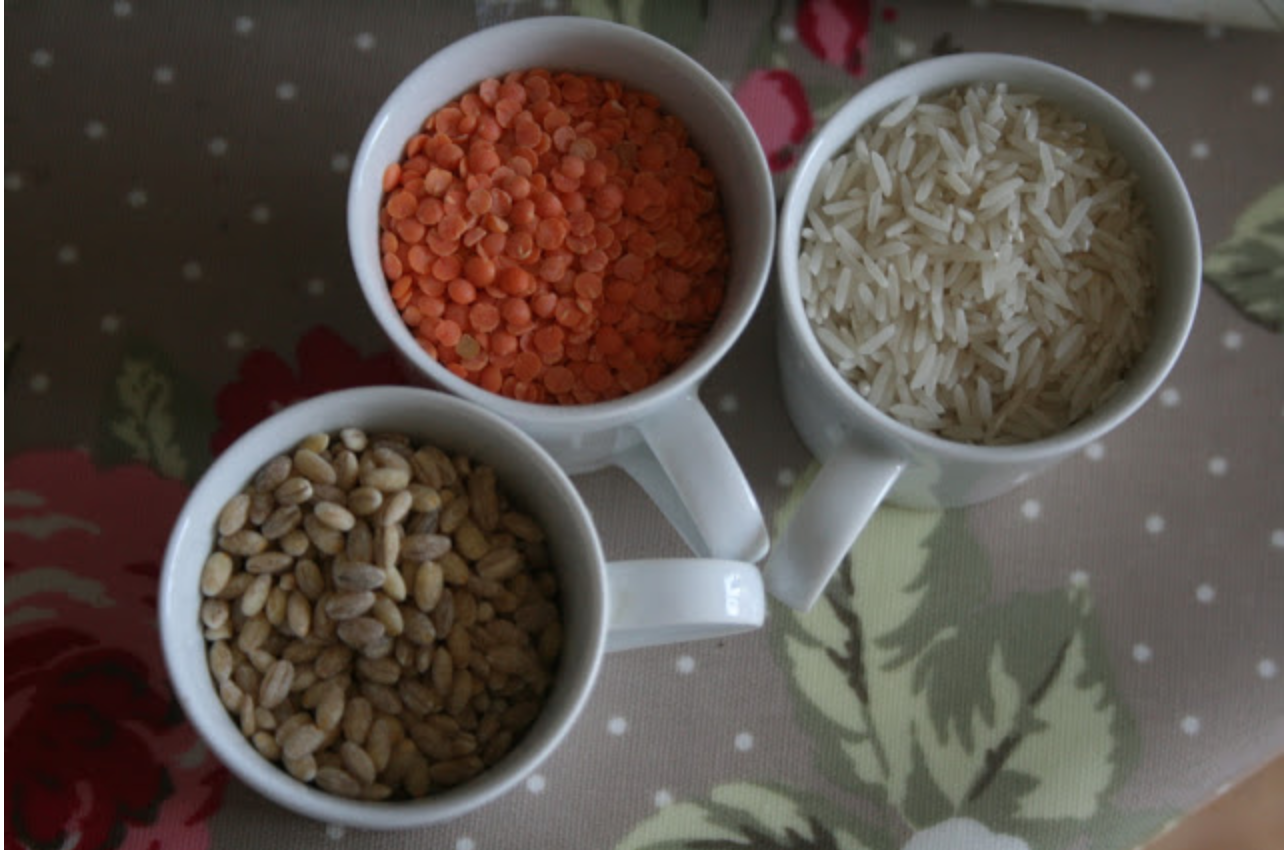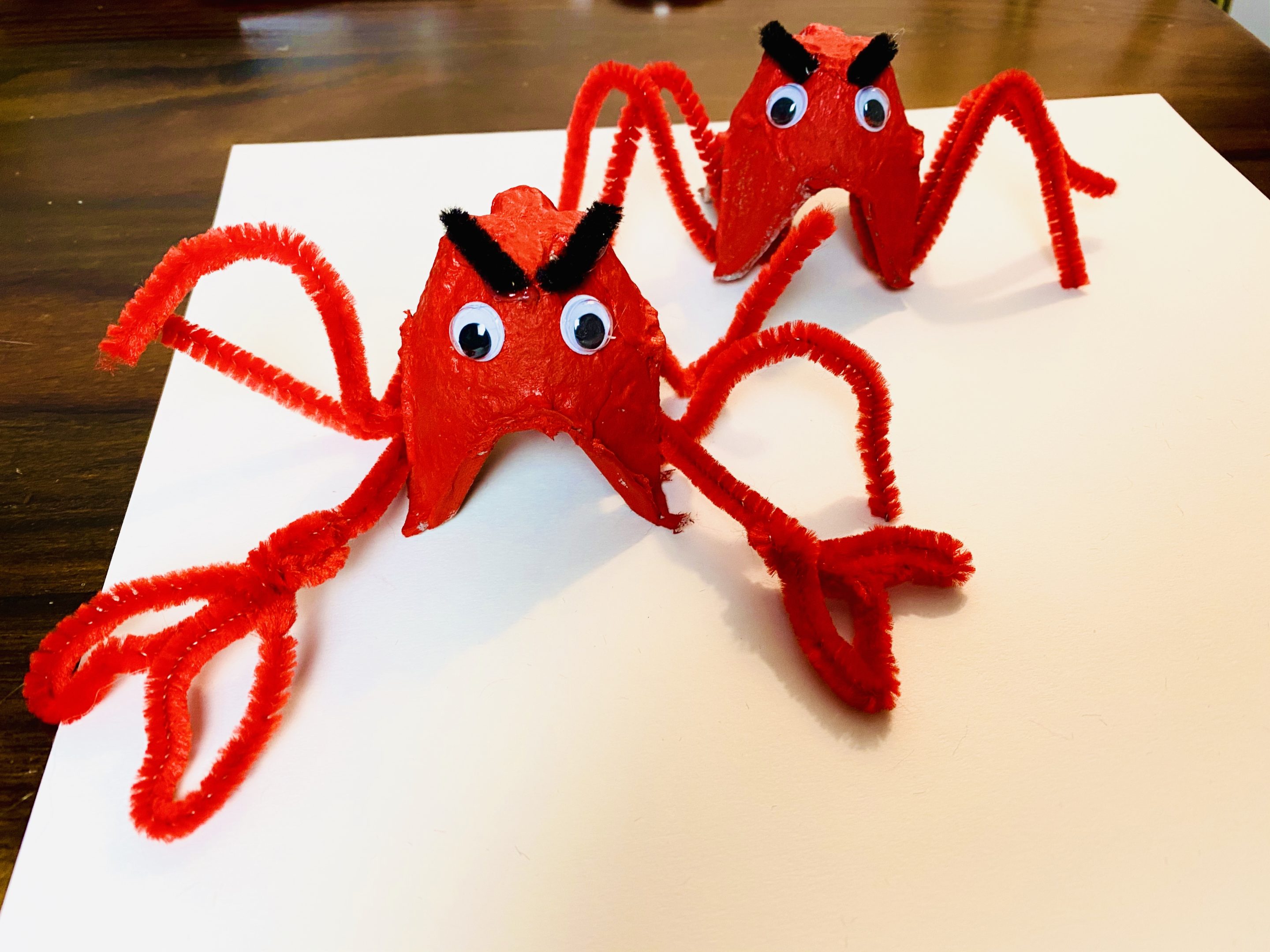The Value of Process-based Learning

Creativity becomes more visible when adults try to be more attentive to the cognitive processes of children than to the results they achieve in various fields of doing and understanding. ― Loris Malaguzzi Hubspot recently published a short article, entitled, The Art of Asking Open-ended Questions, in which Bill Cates outlines the value of "asking questions starting with 'why,' 'how,' and 'what if'..." Cates connects process-based dialogue to Hubspot's marketing, sales, and service platform, levering process-oriented dialogue to foster learning opportunities with their clients — build trusting relationships that blossom from relevant, personal, and meaningful dialogue. Meanwhile, the Guggenheim defines 'process art' as emphasizing "the process of making art (rather than any predetermined composition or plan) and the concepts of change and transience." In other words, process-based art explores a meaningful open-ended conversation between an artist and their work. Finally, The National Association for the Education of Young Children characterizes process-based exploration as placing the onus on the child to create, explore, and drive their experience — there are no model examples for the child to emulate and no right or wrong way to explore. Instead, children focus on technique, tools, and materials, while teachers guide children with open-ended questions, asking 'why?' 'how?' and 'what if'? One of the four Reggio Emilia principles states that children must have endless ways and opportunities to express themselves. This principle taps directly into the wellspring of a child's creative mind. It also demands that teachers create time and space for children to explore and imagine while building skills, techniques, and (perhaps most importantly) a deep and meaningful relationship with their own learning. To facilitate a safe and meaningful journey, teachers guide with gentle, open-ended questions while offering individualized support along the way. In this type of process-oriented exploration, creativity does not exist as an "other" or "specialty," it is embedded in the practice of learning. It is also fundamentally respectful and responsive to preschool-age children and their cognitive development. By age 3, young humans are developing fine motor skills and understanding symbolic representation. In this development stage, children create with more intention, boundless imagination, and a drive to learn across all disciplines. Teachers who attentively observe their students understand which open-ended questions to ask because they are also acutely aware of each student's cognitive development.
Related Articles
Explore our latest insights and resources.

Using Your Voice Effectively: Intentional & Positive Phrases to Use With Your Child

Work and Family: 7 Strategies to Find Balance as a Parent

Understanding and Supporting Early Childhood Mental Health

Understanding and Monitoring Developmental Milestones

The Value of Process-based Learning

The Truth about Parenting: Being a Thriving Parent

The Curious & Creative Classroom

Social-Emotional Learning: Five Competencies and How to Teach Them at Home

Social Emotional Learning Part Five: Teaching Growth Mindset to Inspire Change

Social-Emotional Learning Part Three: Teaching Friendship to Inspire Change

Social Emotional Learning Part Two: Teaching Acceptance to Inspire Change

Social Emotional Learning Part Six: Teaching Empathy to Inspire Change

SEL: Parent Social-Emotional Competence & Well-Being

Social Emotional Learning Part Four: Teaching Respect to Inspire Change

Reflective Learning: 10 Meaningful Questions to Replace “How Was School Today?”

Prosocial Behavior: Strategies to Model, Practice and Praise

Ranking Boston Area Private Schools: Finding The Best Programs For Your Children

Prosocial Behavior: Encouraging Your Child To Practice Gratitude

Play is Work and Work is Play

Preparing a Learning-rich Environment

Nurturing Brain Development During the Window of Opportunity

Exploring Spanish Language Learning Through Play-Based Activities

Early Intervention: Identifying Support for Children Birth to Age Three

Developmental Screening: Acting Early and Advocating for Your Child

Daily at Home Project: Red House – Fun For All Greatest Hits & More

Daily at Home Project: Rainbow Painting and Make Your Own Ice Cream

Daily at Home Project: Pots, Pans, Colors & Rainy Day Brownies!

Daily at Home Project: Lid Matching and Animal Washing Station

Daily at Home Project: Making Music with The Very Noisy Bear

Daily at Home Project: Fine Motor Activities and Let's See Where a Dot Can Take You!

Daily at Home Project: Crazy Art from Silvana Carpio

Daily at Home Project: Baby Treasure Basket and Rocks of Hope

Daily at Home Project: Colander Pipe Cleaner and Pipe Cleaner Bubble Wands

Daily At-Home Project: Mix and Match Faces

Daily At-Home Project: Homemade Binoculars for Little Explorers!

Daily At-Home Project: Gratitude Jar

Daily At Home Project: Veggie Paint Making From Marlo
Stay Updated with SolBe
Join our newsletter for the latest insights and exclusive content on early learning and childcare.































































